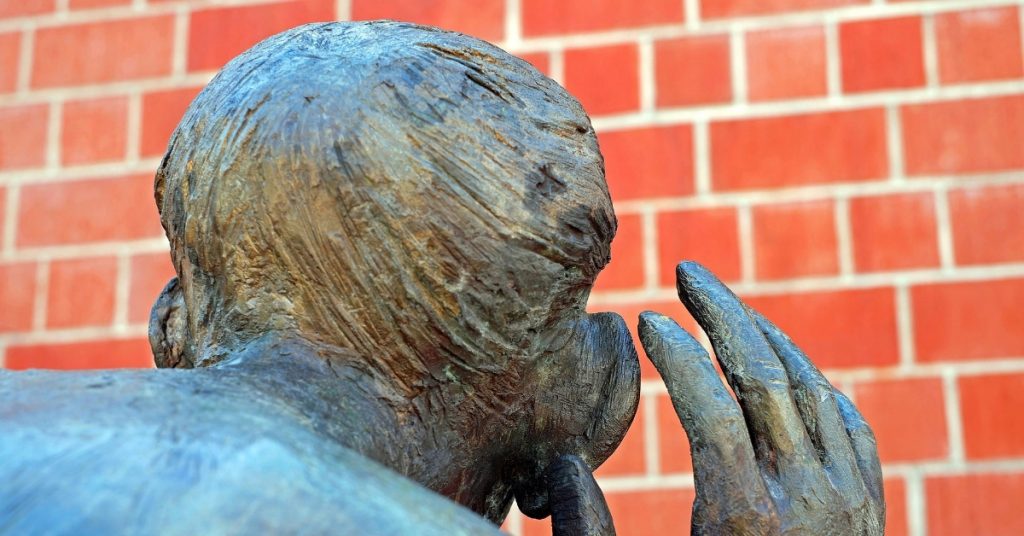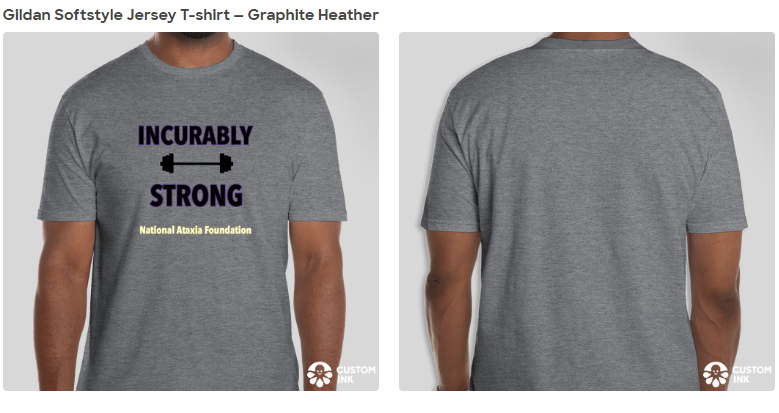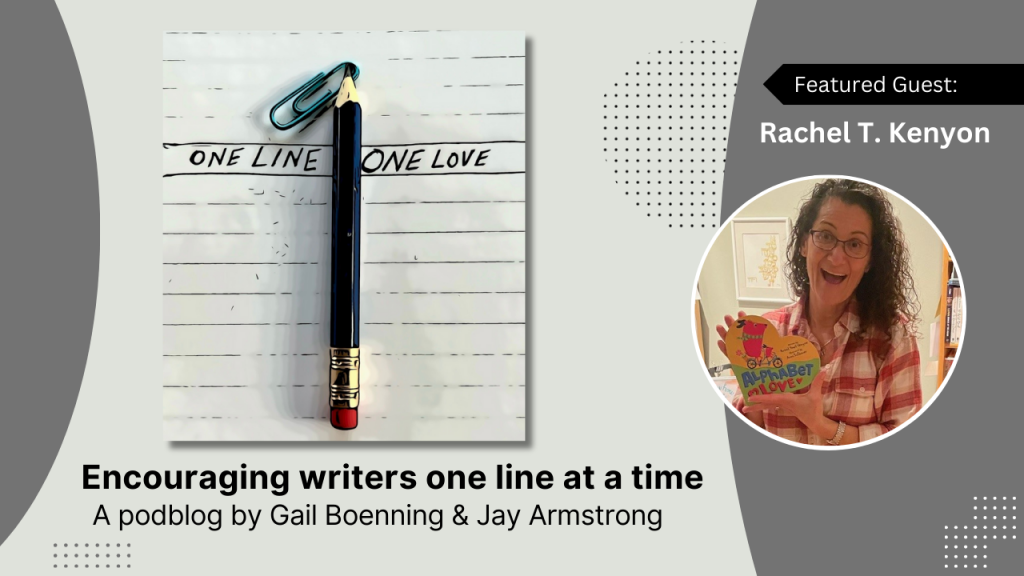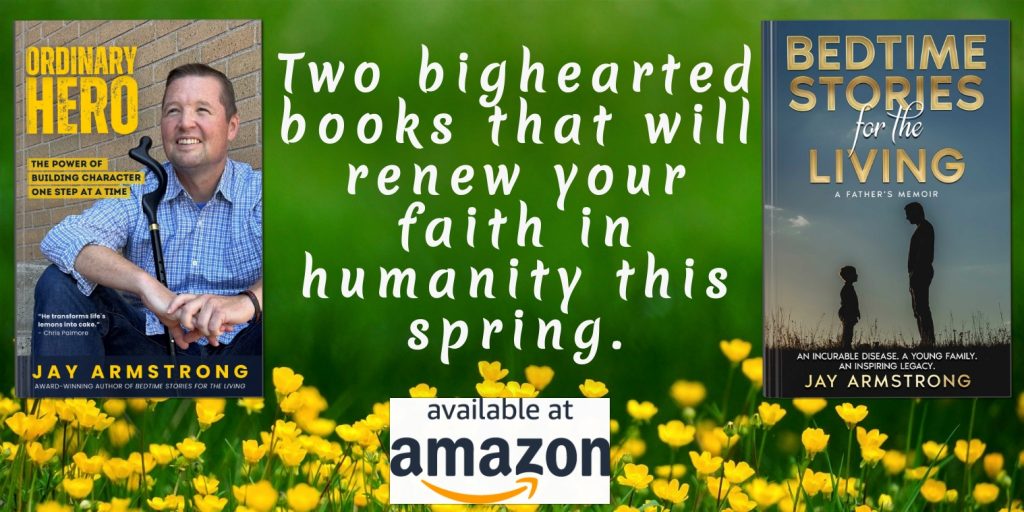The One Thing I Learned Today: Active Listening

It’s hard to escape high school English without having read The Catcher in the Ryeor at least finding out there is not a movie adaptation of the book. As a former high school English teacher I loved teaching Catcher. When I lectured on symbolism or the significance of setting, the radiator and I hummed with excitement.
The classroom’s teenagers unrolled their eyes and joined in the lecture when I explained the novel is simply about Holden’s quest to find someone who would do something extraordinary–listen. Listening, I used to say to my students, is not only the ultimate show of classroom respect–but that you accept and value your teacher as a human. It was then, that the eyes began to roll again.
Holden, a 17 year old boy, is terrified to become an adult because, he has a creeping suspicion most that adults are not very good listeners. And that adulthood is a noisy place. And that not being listened to is one of the most demoralizing moments in the human experience.
The Catcher in the Rye begins, “If you really want to hear about it… .” And from then on Holden Caulfield continuously begins sentences with “Listen…” And the last line of the novel is, “Don’t tell anybody anything. If you do, you start missing everybody.”
This week marks four years since I retired from teaching and I know I may be romanticizing the past, but some of my finest classroom conversations were about how difficult it is to find someone who wants to listen to us–for both the students and me.
Now, being a support group leader of people afflicted with an incurable disease, I routinely get calls from newly diagnosed people. Often they are scared, confused, and looking for advice. During these calls, I use a strategy I learned from Holden Caulfield and my students– I listen.
My responsibility, I feel, is to validate their story by simply listening. Because when you’re given a life altering diagnosis, the most comforting thing anyone can offer are open ears. In these hard moments, words always fall short. To be heard when you’re at weakest reminds you, that in fact, you’re incurably strong.*
*I really like the phrase “incurably strong.” It’s defiant and reassuring and a good reminder for all of us. “Incurably Strong” t-shirts and hoodies are available until April 14th. A portion of sale proceeds will go to the National Ataxia Foundation. All shirts will be delivered to your address. Purchase Link

In 1957, Carl Rogers and Richard Farson coined the term active listening– the method that “requires that we get inside the speaker, that we grasp, from his point of view, just what it is he is communicating to us. More than that, we must convey to the speaker that we are seeing things from his point of view.” Rogers and Farson claimed that listening in this “new and special way” would improve communication and lead to a more empathic, more understanding person.
I learned today that active listening is a communication technique that involves giving free and undivided attention to the speaker. It sounds simple but it’s a challenging form of communication, requiring intense concentration on what a speaker is conveying or attempting to convey. It’s fully engaging with the person talking to you by showing them you care about what they’re saying. Techniques include: asking questions, making eye contact, noticing non-verbal cues, practicing patience, and withholding judgment.
International speaker and communications expert Julian Treasure cites that listening is a skill simply not valued in modern life. In his 2011 TedX Talk, viewed more than 11 million times, Treasure cites in a world of sound bites we are not patient enough to listen. “The premium on accurate and careful listening has simply disappeared. A world where we don’t listen is a very scary place.”
Of course, some researchers suggest active listening should be applied to all conversations and discussions. However, life suggests there is a time and place where active listening is appropriate and a time and place where it isn’t. With this communication strategy having evolved from clinical psychology, it’s no surprise that active listening is predominantly associated with more interpersonal interactions.
The challenge, it seems to me, of actively listening is that it’s a skill that requires commitment and patience. Two things that appear to be harder to find in the present world. Author John Green wrote that, “the capacity for listening really does separate human life from the quasi-life of an enterovirus.” And if listening is what separates humans from viruses– the separation gap is not as wide as we think.
Noises from the outer and our inner world make it difficult to hear what others are saying, what others are feeling. And the older we get, the louder the noise tends to get. Again, not to romanticize the past, but the very moment my very last class ended, the noise I had been listening to for 17 years simply stopped. I remember how quiet everything was. It was one of the finest moments of my life.
In his poem, “Let it Enfold You”, Charles Bukowski writes, “The whole world is at the throat of the world.” I feel like, right now, this line sums up, well, everything. From politicians to countries, from races to religions–we live in a world forced to hold throats and shout. A world that believes speaking is more important, more valuable than listening. I’m not naive. I know active listening will not solve all the world’s problems. But it can’t hurt.
I’m convinced Salinger knew what he was doing when he named Catcher’s protagonist Holden. Hold-in. A boy looking for someone to talk to so he can let-out the stuff he’s been holding in. The truth is–like Holden, we spend our lives questing for someone who will actively listen to us. Value us. Accept us.
Because actively listening is so simply ordinary yet one of the most adult things a human can do.
Be well
Jay
If you’ve been following my journey you know I have ataxia–a cruel, incurable brain disease that impairs walking, talking, motor skills and a bevvy of other important functions.
Ataxia research has long been underfunded and awareness has long been underpublicized.
On May 4th, the National Ataxia Foundation and I are hosting Philadelphia’s first “Yo Philly, Stand Up To Ataxia– A Night of Charity and Comedy” event to support ataxia research and increase public awareness. Our goal is to raise $15,000.
I encourage you to check out the event link, donate, and share the event link with your entire network! Thanks!
To Purchase Tickets and Make a Donation Click Here!

~~
One Line One Love with Author Rachel Tawil Kenyon: Episode 13– We have the power to change the world

If you haven’t heard yet… my friend Gail Boenning and I recently launched a podblog called, One Line, One Love.
OLOL is a unique listening and reading experience that will inspire everyday writers, who dream of writing, to pick up their pens and write one line at a time.
This podblog format (a hybrid of a podcast and blog) is for everyday writers who–like me–often need a creative boost, a scrap of encouragement, and practical advice to unleash the writer within. Each episode consists of five wide-ranging, writer-focused questions and a weekly writing prompt.
Please check it out! And please share with any writer friends or anyone in your life who has ever considered picking up the pen.
~~

Purchase Link
~~
Warm greetings to everyone who found me on the University of Pennsylvania’s Ataxia Clinic’s website! Thanks for stopping by. I have ataxia and though I’m not a doctor, I hope my words comfort, encourage, empower, and serve as good company on your journey.
~~
Jay Armstrong is a speaker and an award-winning author. Despite being diagnosed with a rare neurological disease, that impairs his movement, balance, eyesight, and speech–Jay presses on. The leader of the Philadelphia Ataxia Support Group, he hopes to help you find joy, peace, and meaning in life.






